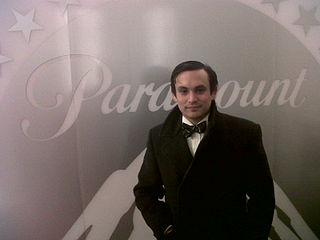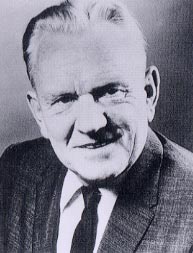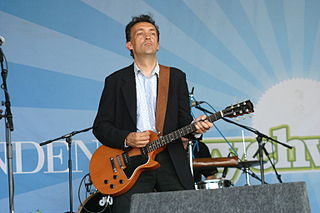A Quote by Simon Van Booy
Related Quotes
Rather than thinking of sound and sense in my essays as two opposing principles, two perpendicular trajectories, as they are often considered in conversations around translation, or even as two disassociated phenomena that can be brought together to collaborate with more or less success, I think of sound as sense. Sound has its own meaning, and it's one of the many non-semantic dimensions of meaning in language. I want to emphasize is the formal dynamic between language-as-information and language-as-art-material.
Sound words can't be understood through formal study of the language alone. They're felt when you immerse yourself in the culture or lifestyle that becomes a part of you. The Japanese language is abundant with onomatopoeia. Even though I've lived in Japan a long time, sound words are still an uncertain territory. And I think new words are being created every day. Even when I don't know a word I can sometimes connect it to a meaning using the sensations produced by the sounds, which feels like I'm playing with words.
The wind has a language, I would I could learn!
Sometimes 'tis soothing, and sometimes 'tis stern,
Sometimes it comes like a low sweet song,
And all things grow calm, as the sound floats along,
And the forest is lull'd by the dreamy strain,
And slumber sinks down on the wandering main,
And its crystal arms are folded in rest,
And the tall ship sleeps on its heaving breast.
It seems to me that the desire to make art produces an ongoing experience of longing, a restlessness sometimes, but not inevitably, played out romantically, or sexually. Always there seems something ahead, the next poem or story, visible, at least, apprehensible, but unreachable. To perceive it at all is to be haunted by it; some sound, some tone, becomes a torment — the poem embodying that sound seems to exist somewhere already finished. It’s like a lighthouse, except that, as one swims towards it, it backs away.
I love the evening star. Does that sound foolish? I used to go into the backyard, after sunset, and wait for it until it shone above the dark gum tree. I used to whisper 'There you are, my darling.' And just in that first moment it seemed to be shining for me alone. It seemed to understand this ... something which is like longing, and yet it is not longing. Or regret - it is more like regret.
Being a slow reader would normally be a deficiency; I found a way to make it an asset. I began to sound words and see all those qualities - in a way it made words more precious to me. Since so much of what happens in the world between human beings has to do with the inconsideration of language, with the imprecision of language, with language leaving our mouths unmediated, one thing which was sensuous and visceral led to, in the use of language, a moral gesture. It was about trying to use language to both exemplify and articulate what good is.
A language possesses utility only insofar as it can construct conventional boundaries. A language of no boundaries is no language at all, and thus the mystic who tries to speak logically and formally of unity consciousness is doomed to sound very paradoxical or contradictory. The problem is that the structure of any language cannot grasp the nature of unity consciousness, any more than a fork could grasp the ocean.





































